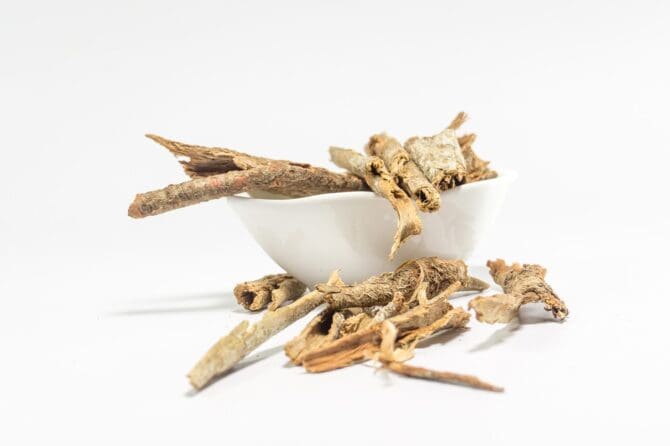Calcium is an essential nutrient for pregnant women.
It helps the baby develop strong bones, teeth and muscles, and contributes to a healthy heart and normal blood clotting. If you don’t get enough calcium in your diet, your baby will take it from your bones, which can cause problems for you later in life.
Aim for 1000-1200 milligrams of calcium per day during pregnancy.
If you are lactose intolerant or have an allergy to milk, you can still get calcium from other sources. Here are some other foods that are high in calcium:
– Salmon
– Tofu
– Broccoli
– Kale
– almonds
Green leafy vegetables, such as curly kale and watercress, are excellent sources of calcium. But you’ll also find calcium in broccoli, cabbage, leeks, and celery.
Small fish such as whitebait, sardines, and pilchards are all good sources of calcium. You can also mash up canned salmon, bones and all, to make fish cakes that are rich in calcium.
Did you know that tofu is an excellent source of calcium? Try adding it to a vegetable stir-fry the next time you cook and include finely shredded pak choi – another good calcium-packed veggie option.
Beans are a great source of protein and fiber. They’re low in fat and calories, and they’re versatile enough to be used in a variety of dishes. Kidney beans and soya beans are two of the most popular varieties, but there are many others to choose from as well.
Nuts and seeds are a great source of calcium – a tablespoon of sesame seeds contains 88 mg of calcium. You can use them in a salad, sprinkle them over vegetables or cereal. Almonds are a useful source of calcium too – and a handy snack!
Soy milk is a type of “milk” that is made from soybeans, and it is a popular dairy-free alternative. It is also a good source of calcium, containing around 300 mg in just one cup.
Here are some examples of the calcium content in different foods:
6 oz low-fat yogurt: 350 mg
1 cup of milk: 300 mg
cup of cottage cheese: 120 mg
1 oz of hard cheese such as cheddar: 240 mg
8 canned sardines: 370 mg
cup of tofu: 258 mg
Don’t forget that vitamin D and calcium work together to keep your bones healthy. If you’re not getting enough calcium from your diet, your doctor or midwife may recommend a supplement.
Bacon, leek and potato soup
An old-fashioned favorite perfect for lunchtime, leeks are a great source of non-dairy calcium and contain Vitamin B6 which has been known to help with morning sickness. Additionally, their mild, sweet flavor makes them more appealing for those who are pregnant and suffering from nausea.
1 tbsp olive oil.
1 small onion, chopped.
1-2 oz bacon chopped.
2 medium or one large leek, chopped.
2 medium potatoes, diced.
2 cups of chicken or vegetable stock.
1 cup of milk.
Salt and freshly ground black pepper.
Preparation method:
In a medium saucepan, heat the oil. Add the onion, bacon and leeks, and cook until the onion is translucent, and the bacon is cooked but not browned.
Add the potatoes to the pan and cook for a few minutes longer, or until they are cooked through.
Pour the stock into the pot, turn up the heat until it reaches boiling point, then lower to a simmer and leave until the potatoes start to fall apart (this will help thicken the soup). Add milk and season with salt and pepper to taste, then leave on a low heat until everything is hot all the way through.
This soup is best left chunky, but you can mash it slightly to achieve your preferred consistency.
This recipe is perfect for a winter meal! To serve, pour the soup into a bowl and garnish with the parsley and maybe a swirl of crème fraiche. For a vegetarian option, leave out the bacon and use vegetable stock instead of chicken.











